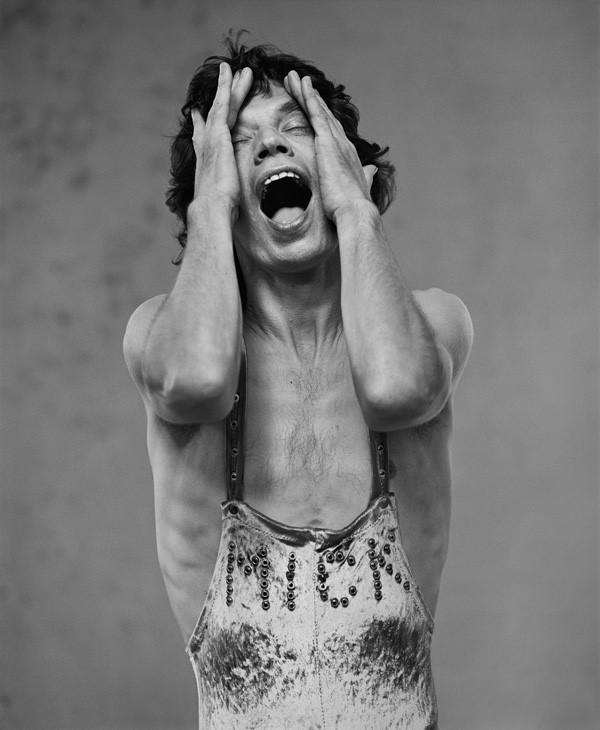From the 1960s onwards, Rolling Stone Mick Jagger’s characteristic dandyism redefined what it meant to dress in a masculine way as he successfully pulled off Ossie Clark jumpsuits and silk paisley shirts with a red-hot swagger
From the 1960s onwards, Rolling Stone Mick Jagger’s characteristic dandyism redefined what it meant to dress in a masculine way as he successfully pulled off Ossie Clark jumpsuits and silk paisley shirts with a red-hot swagger. Peacock-like, Jagger’s on-stage flamboyancy was somewhat anchored by fellow Stone Keith Richards’ more typically ‘rock’ aesthetic, as he flirted with prettier, more experimental looks. Adopting trends of the times such as flared trousers and floral shirts in the 70s and tight high-waisted boxy jeans in the 80s, Jagger’s style always leant to the edgier, even feminine end of the spectrum; his shirts were more like blouses and silhouettes clung to his angular physique.
“Referring to the early days of the Stones, playing down their glamour, Jagger has claimed: ‘We wore clothes very similar to what we wore off stage because we didn’t have any money and that was the look.’ But from the late 60s onwards, turning to an androgynous look, Jagger would transform himself into a dandified satyr. Not unlike the aesthetic and fop d’Albert from Gautier’s Madamoiselle de Maupini, ugly handsome. Jagger was on a mission that would release him from the constraints of bourgeois pressure, as he came out and struck a nerve in British Culture.” – The British Pop Dandy: Masculinity, popular music and culture, by Stan Hawkins.
Mick Jagger: Young In The 60s is at the National Portrait Gallery Bookshop Gallery until November 27. An accompanying photo book is published by Thames and Hudson.
Text by Laura Havlin
